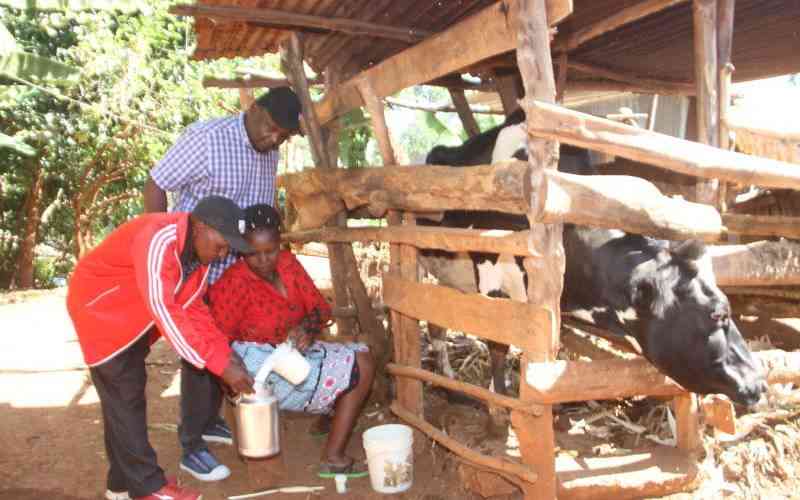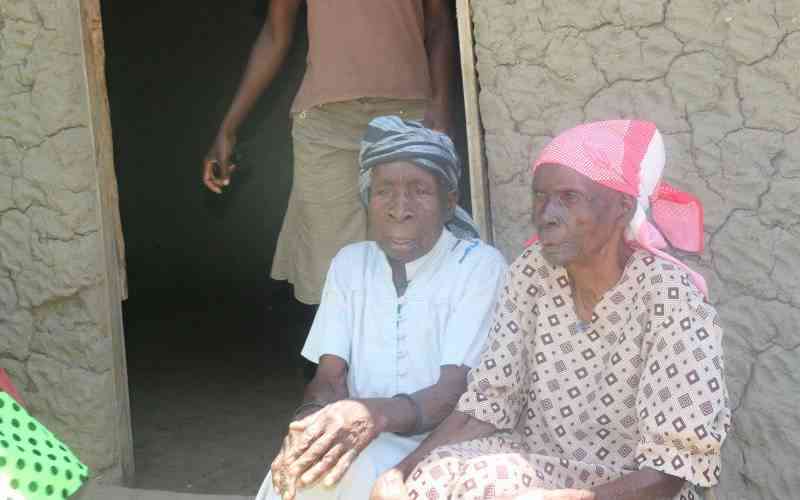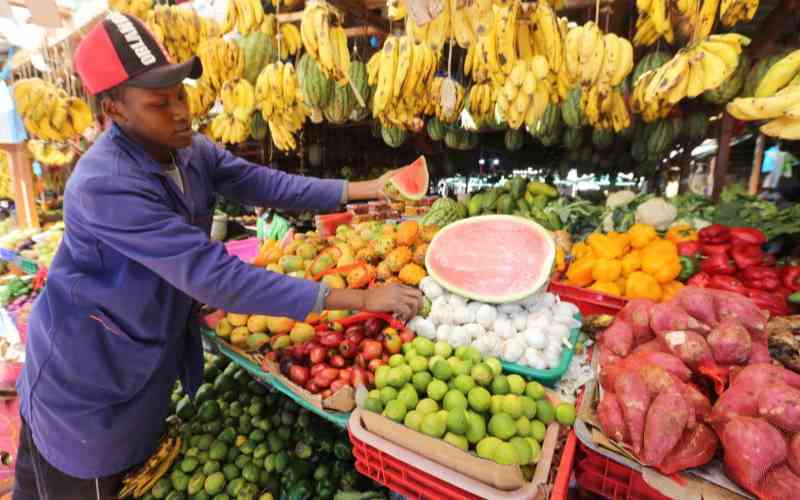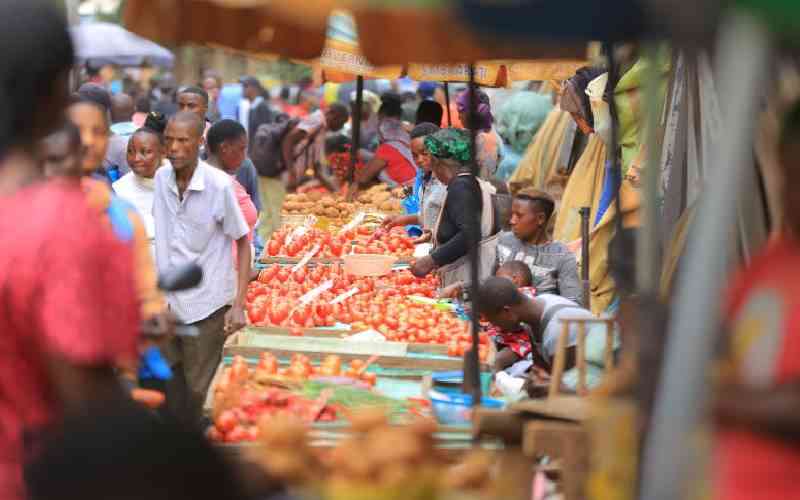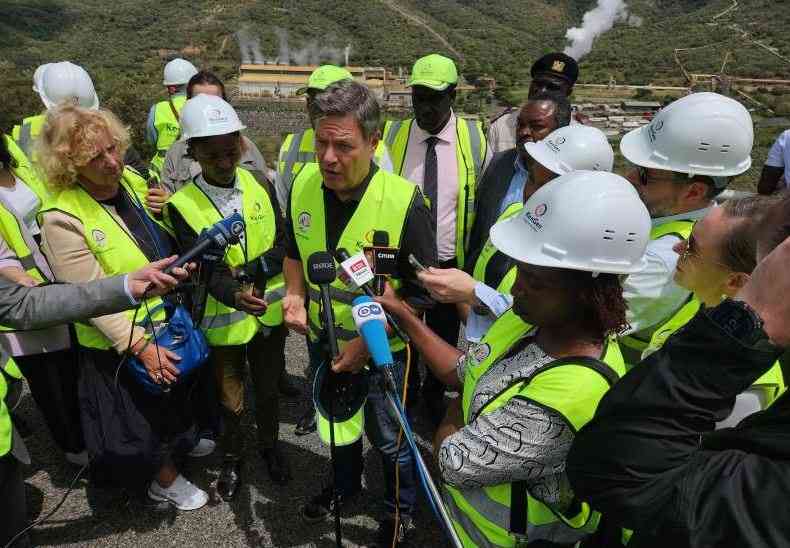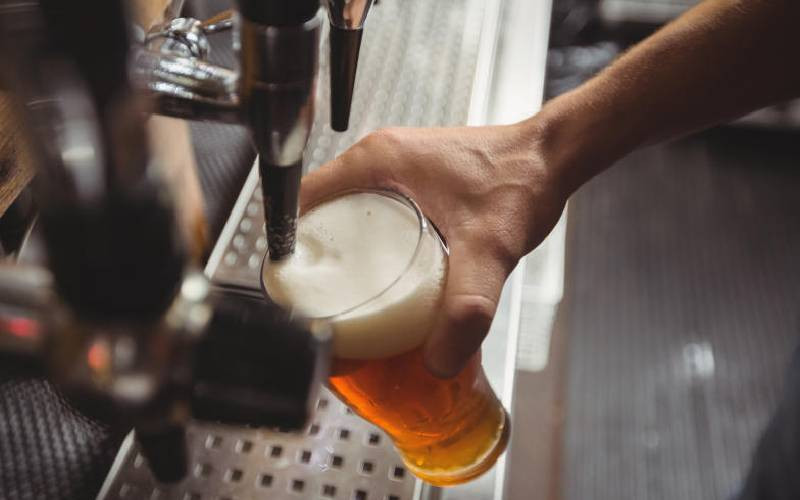
If there is one thing that has become glaringly obvious under President William Ruto’s regime, it is this: Sense does not guide policy anymore - control does. And the latest nationwide crackdown on alcohol confirms it.
On July 30, 2025, the government announced a sweeping ban on alcohol sales across a stunning range of spaces, from supermarkets, restaurants, residential areas, petrol stations, to even online platforms. The sale of alcohol is now prohibited in virtually every public and private setting imaginable. The policy also goes further to muzzle expression. Influencers, celebrities, and media personalities are now banned from promoting or even endorsing alcohol online.
This is not a health policy, and it is not harm reduction. It looks like is a political move.
Dr Ruto’s administration has been dogged by citizen protests, economic frustrations, and outrage over a raft of oppressive policies, including the last year's withdrawn Finance Bill. The streets have filled with people demanding dignity, accountability, and justice. So, what does the government do? They introduce moralistic bans that pretend to protect us but reek of State overreach, distraction tactics and suppression.
It’s not the first time Kenya has faced an alcohol problem. But how governments respond tells us everything we need to know about their intent.
Let’s rewind to 2010.
President Mwai Kibaki, faced with a growing crisis of illicit brew consumption, chose a different route. Instead of banning alcohol, he appealed to brewers to create low-cost, safe alternatives like Senator Keg, which quickly became a hit among low-income Kenyans. The State offered tax relief to breweries to make beer affordable, safe and regulated. They did this because they understood the economic realities of everyday Kenyans. Kibaki’s approach was informed by harm reduction, economic logic, and public safety, not by populist grandstanding which is common with this regime.
History is rich with lessons too.
In the United States, the Prohibition era (1920–1933) was a well-documented failure. The intention was to curb alcohol-related crime and improve health. Instead, it gave birth to organised crime empires, made alcohol more dangerous through home brewing, and wiped out a massive stream of tax revenue. The policy was so disastrous it was repealed in just 13 years. People didn’t stop drinking, they just drank illegally, secretly, and more dangerously.
Kenya has had its share of tragedies with unregulated brews, countless deaths from chang’aa and other home-brewed poisons. Any serious policy should begin by tackling the root causes, poverty, unemployment, addiction, not by punishing legal access while pushing the vulnerable further underground.
This new policy does not offer safer alternatives. It doesn’t talk about rehabilitation, education, or access to mental health services. It doesn’t invest in public campaigns. It simply bans, silences, and monitors.
We must ask, who benefits from this? Certainly it’s not wananchi.
If anything, this feels like a litmus test by the regime, to see if the people are still angry enough to rise. Or perhaps it is a diversion, a sudden fire to move our eyes away from the larger inferno of poor governance, taxation injustice, and police brutality.
But it fits a pattern. Just days ago, the same government shamelessly declared that it could no longer sustain free education. This was a cornerstone policy of the Kibaki era that opened up access to learning for millions of children across Kenya. That announcement, like this alcohol ban, is not about lack of resources, it is about lack of will.
Piece by piece, policy by policy, this regime seems hellbent on undoing everything the Kibaki worked to build, be it economic empowerment for the poor, universal education, and practical, people-first governance.
Stay informed. Subscribe to our newsletter
The Ruto administration isn’t just failing to lead, it is working in reverse. While Kibaki met problems with pragmatic solutions and national dignity, this regime meets them with bans, slogans, and spectacle.
